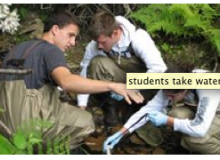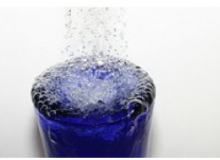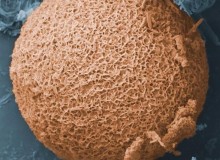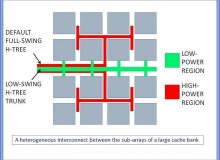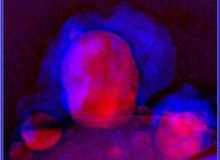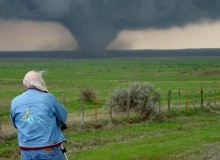Search
National Science Foundation
Monday, October 17, 2011
Engineers at the Pennsylvania State University have found crab-shell chitin effectively raises acidity (pH) levels and reduces harmful metals in mine water.
National Science Foundation
Monday, October 31, 2011
Counter to conventional wisdom, rural communities demonstrate that self-regulated, community-based resource management systems are effective.
National Science Foundation
Monday, November 21, 2011
NSF-sponsored research at an Ohio college has led to a revolutionary discovery, a new form of silica glass that can absorb and extract large amounts of contaminants from water and air.
National Science Foundation
Monday, November 28, 2011
Because cities have so many dark surfaces that absorb heat, they can become extremely hot and congested during the summer. A new study suggests that by painting roofs white, city temperatures could decrease nearly two degrees during the summer...
Tags: climate change, nsf, white roofs, green roofs, reflection, urban climate change, Happy Sustainable Summer!
National Science Foundation
Monday, December 19, 2011
A team of undergraduate and graduate students at the University of Central Florida is transforming fly ash--a waste product from coal-fired power plants--into an environmentally friendly adsorbent for oil-spill cleanup.
Tags: oil spill cleanup, fly ash uses, coal fly ash
National Science Foundation
Monday, December 26, 2011
In an NSF-sponsored project, computer scientists at the University of Utah have developed techniques to reduce the energy consumption of computers associated with large, temporary storage areas, called caches.
Tags: low energy computer, efficient caches, energy efficiency computers
National Science Foundation
Thursday, December 08, 2011
Science at work! NSF-funded engineers have found a way to make solar cells with plastics in a cheaper, more environmentally-friendly way.
National Science Foundation
Thursday, January 05, 2012
Climate trends in the northeastern U.S. show that in the past 40 years, winter has lost seven days every decade and the growing season has expanded by nearly four days each decade. Researchers are figuring out how these changes will impact farmers,...
National Science Foundation
Monday, January 09, 2012
Using a powerful electron microscope, a research group at Arizona State University has observed dynamic behavior in small catalytic nanoparticles during energy-related chemical reactions.
National Science Foundation
Monday, January 16, 2012
A team of scientists from three universities has developed a weather-prediction system that will allow forecasters to predict tornadoes and other severe storms at least three days before the storms start.

